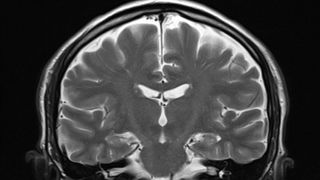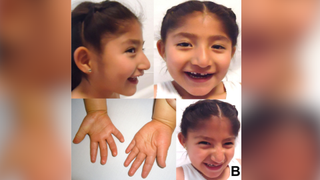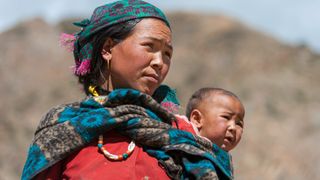children
Latest about children

Shrinking tree canopy at California schools could put kids at risk of extreme heat
By Nicoletta Lanese published
A recent study examined changes in tree canopy cover around California schools. The observed declines could put kids at higher risk of heat stress.

4,000-year-old burial of elite woman with ostrich fan reveals world's oldest known evidence of head straps
By Owen Jarus published
Around 4,000 years ago, women in Nubia were using tumplines, a form of head strap, to carry around goods and young children.

Brain damage reported in 13% of kids who have died of flu this season, CDC finds
By Patrick Pester published
A CDC report has revealed that nine of 68 of children who died of flu this year had brain damage, but it's unclear whether this influenza-associated encephalopathy is on the rise.

Parents really do have favorites, study suggests
By Emily Cooke published
Parents are more likely to favor daughters and more-agreeable children, new research suggests, although the findings may only apply to people from certain demographics.

Angelman syndrome: A disorder that stops people walking and speaking
By Emily Cooke published
Angelman syndrome is a rare disease that disrupts the normal development and function of cells, particularly in the nervous system, leading to severe developmental delays and learning disabilities.

Natural selection is unfolding right now in these remote villages in Nepal
By Emily Cooke published
Physiological traits that help Tibetan women survive at high altitudes are being selected for within the population, meaning they may be becoming more common, new research hints.

Scientists finally explain MIS-C, the rare post-COVID sydrome seen in kids
By Michael Schubert published
MIS-C, a rare post-COVID inflammatory syndrome in children, may be triggered when the immune system mistakes its own proteins for those of the virus.

Did pandemic lockdowns stunt kids' immune systems long-term?
By Emily Cooke published
Common illnesses spiked in kids as COVID-related social distancing policies were lifted. But experts say this doesn't reflect a long-term change in children's immune systems.
Get the world’s most fascinating discoveries delivered straight to your inbox.




